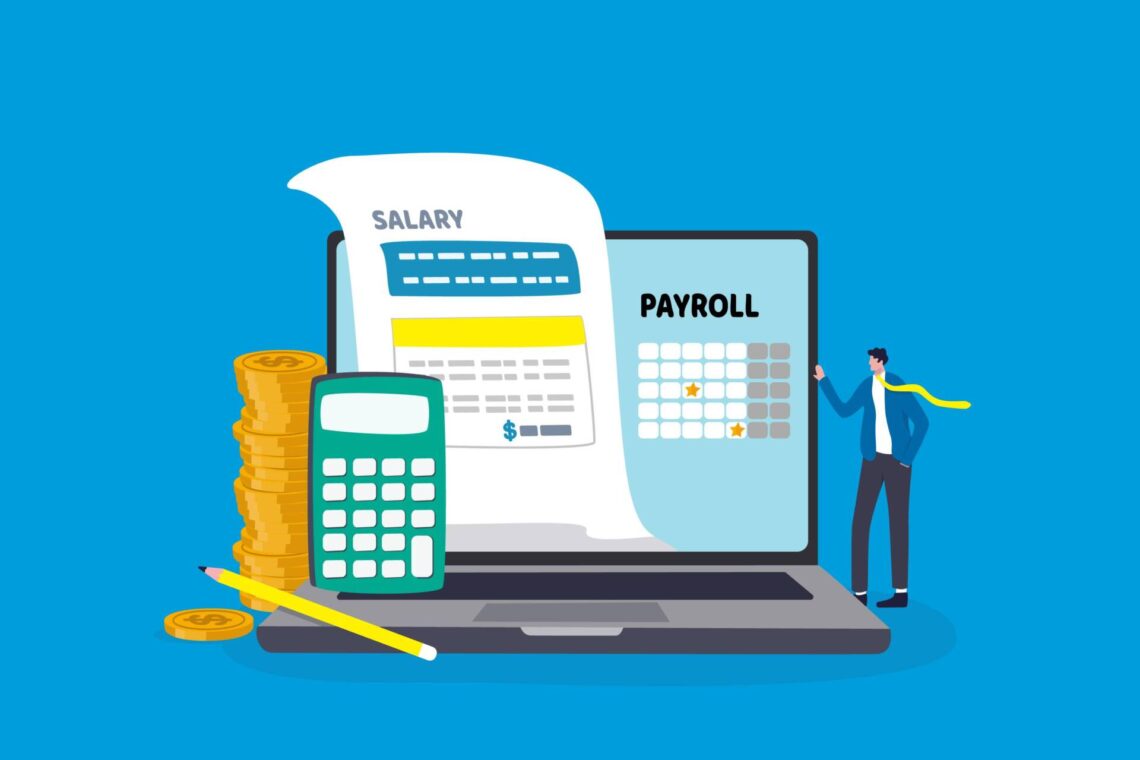You’re looking to buy an investment property and wondering how it will affect your tax situation?
Firstly, it’s important to note the difference between a residential or commercial property. If you purchase a residential investment property, there is no GST applicable. This also means you cannot claim any GST, however a commercial property will require you to charge GST and lodge BAS on a Quarterly basis. There will also likely be GST on the purchase and sale which you need to consider.
Any rent you receive (net of GST) is assessable income and any deductions can be offset against this.
What are some common expenses can you claim?
- Interest on any loans
- Rates, Water and Insurances
- Agent fees and letting fees
- Any repairs made to the property (note this is not replacements or capital works)
- Depreciation
- Advertising for rent
- Gardening
Costs can only be claimed while a property is ‘available for rent’. It might not actually be rented but it needs to be legitimately available. Otherwise costs above need to be apportioned for period that can be deducted.
Depreciation & Capital Works deductions
Depreciation relates to the depreciation of items within the property such as fittings, electrical items, blinds etc.
Capital Works is the depreciation of the actual building cost. This can be claimed on properties built from 17 July 1985 and is claimed at 2.5% flat rate per year. The amount claimed does need to be added back when you sell the property.
You are best to contact a Quantity Surveyor who will prepare a depreciation and capital works report with all available deductions for the next 40 years.
These deductions will be higher for a new or recently renovated property than an older property.
Renovations
When you carry out renovations these become capital works and depreciation deductions. They are not an immediate deduction.
An important thing to do prior is to ensure you obtain a quantity surveyors report on what you are about to demolish, this way you can claim these costs up front in the year of the renovation. Once the renovation is complete obtain a new Depreciation report to claim the new areas.
Depreciation reports typically cost from $500 to $1000+ GST.
Repairs and Maintenance
These costs are only deductible when the property is available for rent. If you purchase an older property, make repairs and then rent it out you will not be able to claim those repairs. There is a difference between Repairs and Replacements (capital works) that will then need to be depreciated rather than claimed up front. Make sure you consider what type of expense you are incurring and consult with your tax adviser if you are unsure.
Interest
It’s important to remember that interest is deductible based on where you spent the money, not on what security over the loan is. Be aware that once you pay down a loan it will never be deductible again. Ensure you discuss with your financial advisor how you are best to allocate any extra payments or cash you may have.
What is the effect on your personal tax situation?
If you are making a ‘rental loss’ this will offset against any other income you have and you will effectively save tax at the marginal rate you are currently on. If your income is under $87,000 this will be at 34.5% (including Medicare), if you are between $87,000 and $180,000 this will be at 39%.
A rental profit will be added to your taxable income and taxed at your marginal rate.
It’s important to remember that for Centrelink payments such as Family Tax Benefit any rental losses are added back to your Adjusted Income.
If you would like an easy to use table to track your income and expenses for your tax return and accountant download it HERE
This is general information only. Always seek individual advice from your tax and/or financial advisor for your specific situation.





